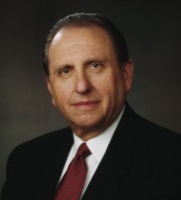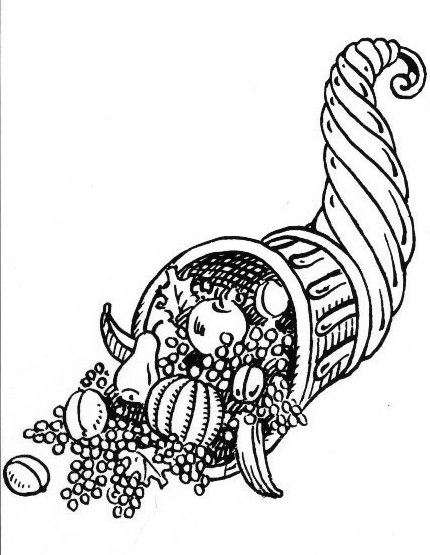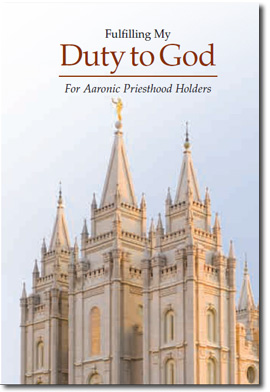As part of my Duty To God study, I have been studying about gratitude. The Church has a nice site dedicated to the topic of gratitude (http://lds.org/topic/gratitude/) which provides some nice resources. I actually independently found all of the talks listed under the “Articles” section, and read those and based my notes off of those talks.
The biggest impression I have had about gratitude, is that it is not just something done occasionally, but it is a way of life. You may think of people having a cheery disposition, or of being a pessimist or optimist. The same can be said of gratitude. It can be a defining characteristic of an individual’s nature. We need to develop an attitude of gratitude. We need to put ourselves in a frame of mind, in a state of being, that we are grateful.
Well, easier said than done. How do we go about turning ourselves into a being of gratitude? Here are some thoughts from several talks.

There is a lot wrong and bad in the world, but there is also so much that is right and good. “We can lift ourselves, and others as well,” says President Monson, “when we refuse to remain in the realm of negative thought and cultivate within our hearts an attitude of gratitude.” Gratitude is among the noblest of virtues. Gratitude is what helps us focus on the good.
Often when gratitude is spoken of, the story of the ten lepers who came to Jesus to be healed, and only one returned to give thanks, is referenced. Certainly the nine lepers felt gratitude. But it was the one who made an effort to show his gratitude who was “made whole”. The nine were physically healed, but the one who showed gratitude was healed both body and spirit. There is a sense from this scripture that when we physically do more that is righteous, then we are blessed more. Also this story points out that gratitude is not just a feeling, but a feeling that moves to action in order to be complete.
Henry B. Eyring says that gratitude is a “change in our very natures”. It is not just a thing to do, it is a way to be. We become a different person when we focus on gratitude. The Holy Ghost fills us with perfect love. He fills us up with the best stuff as we choose to let go of the bad stuff within us.

Elder Eyring relates the story of Orderville, the town that was founded to live the United Order. He tells how they forgot their poor and meager beginnings, and states that this is a problem we must solve, too. “We so easily forget that we came into this life with nothing. Whatever we get soon seems our natural right, not a gift. And we forget the giver. Then our gaze shifts from what we have been given to what we don’t have yet.” Remembering God as the giver of all that we have and remembering our past trials and poverty help us to have gratitude. We need to focus on what we have already, and not on what we don’t have.”Remembrance is the seed of gratitude which is the seed of generosity.” Every week we can take the sacrament, and in that action we covenant to “always remember [Jesus Christ].” As Eyring says, “gratitude for the remission of sins is the seed of charity.”
James E. Faust relates similar ideas about gratitude in his 1990 General Conference talk “Gratitude as a Saving Principle“. Gratitude is a way of life, it’s more than a thing to do, it’s a way to be. “As with all commandments, gratitude is a description of a successful mode of living.” You can be happy or optimistic by “nature”, it is said. You can also be grateful. And it’s something that can be learned and cultivated. Being happy and optimistic are habitual traits, meaning you become that way by always acting that way. The same is true with gratitude.
Robert D. Hales explains how gratitude is related to repentance in a 1992 General Conference talk entitled “Gratitude for the Goodness of God“. He applies gratitude to repentance again and again. They seem to be in some kind of relationship. He says that our faith and repentance are based on the goodness of God and Christ and their forgiveness when we show thankfulness to them. “Gratitude is also the foundation upon which repentance is built…. Gratitude is a state of appreciation.” Gratitude leads to humility because we are focused on what others have done for us, rather than on our own selfish desires. Expressing gratitude brings peace to our souls, “a peace which allows us to not canker our souls for what we don’t have.” When we have gratitude, we don’t qualify that with what we had in the past or hope for in the future. We should not base our gratitude upon past possessions or hoped for desires in the future, but gratitude should be independent of all other requirements and qualifications.


